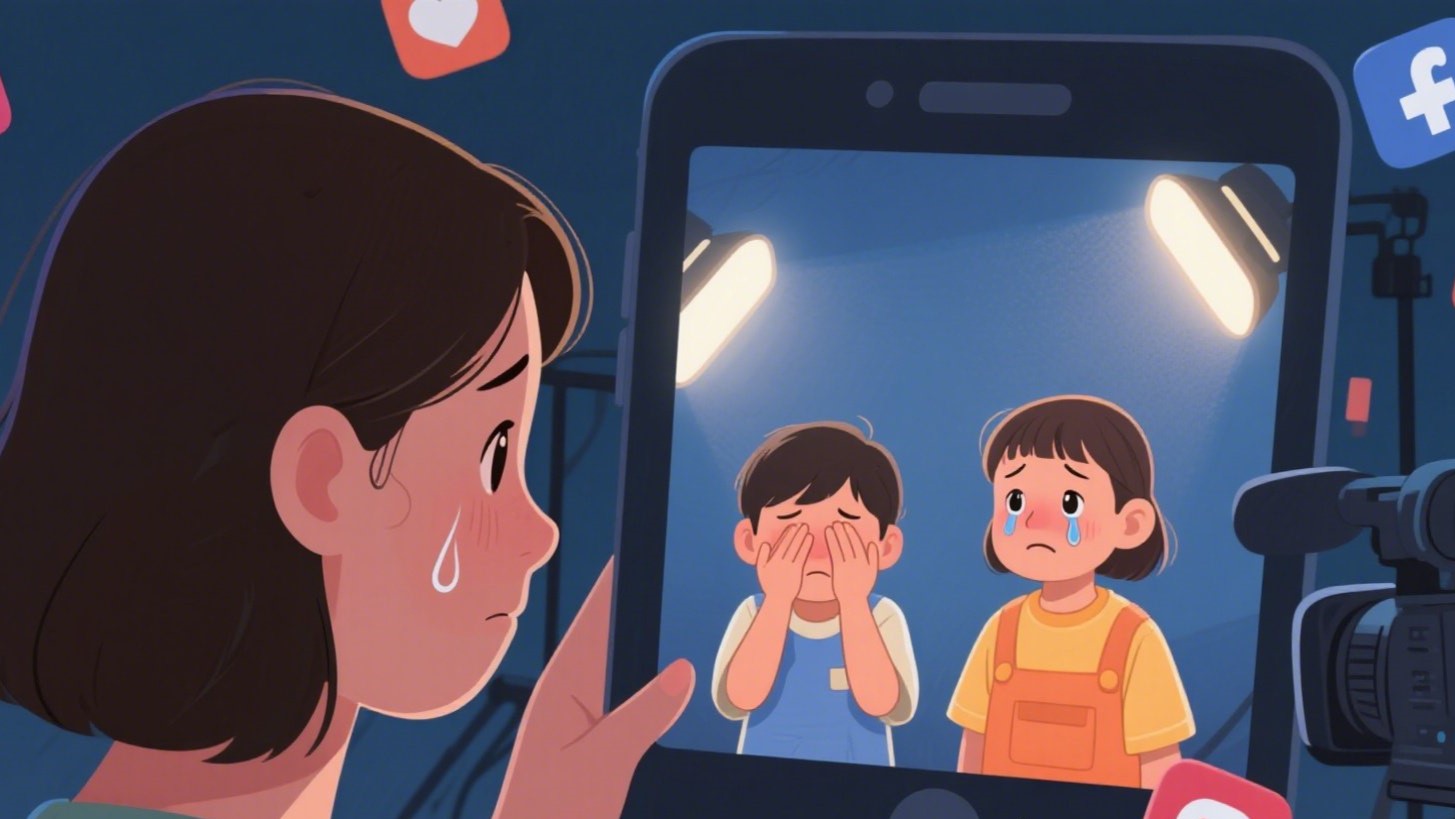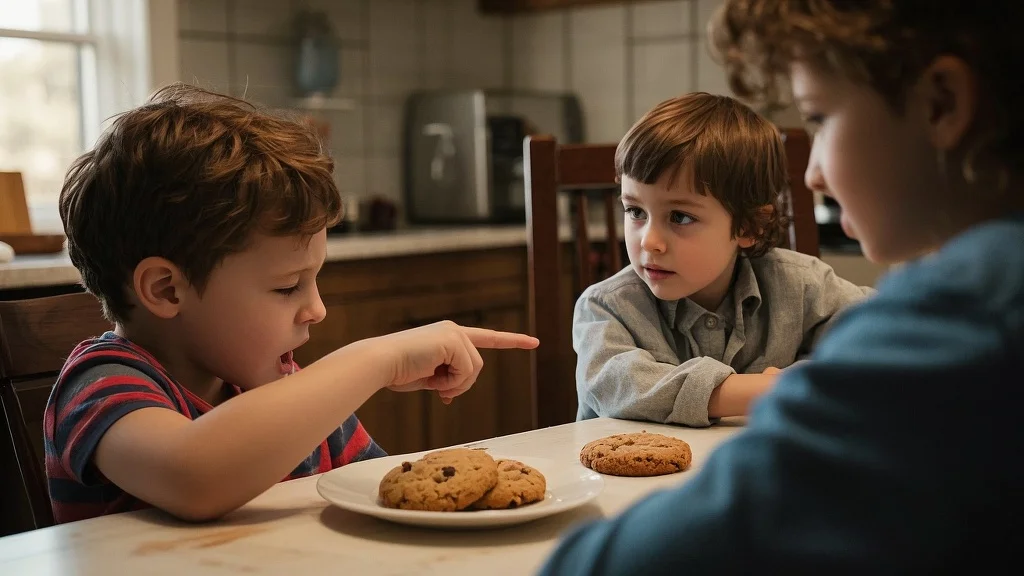In today’s social media world, almost anyone with a phone can become an influencer. For many parents, this means turning their children into the stars of family channels or kid-focused accounts. What often begins as innocent sharing—birthday parties, silly dances, family trips—can quickly slide into something harmful.
The question is: when does sharenting (parents oversharing their kids’ lives online) become exploitation?
🌐 What Is Sharenting?
Sharenting is when parents post photos, videos, or personal details about their kids online. Most do it with good intentions—celebrating milestones, keeping relatives updated, or simply documenting memories.
But when parents stage emotional scenes, film discipline moments, or chase likes with increasingly extreme content, the line between proud parenting and harmful exploitation starts to blur.
🚨 Recent Alarming Cases
- Australia: A survey found some parents who posted their kids’ photos online later received disturbing requests linked to child exploitation. Oversharing—even seemingly harmless pictures—can attract unwanted attention.
- TikTok: A study showed videos of kids in swimsuits or revealing clothes often get more likes and comments. This means the algorithm is rewarding content that could sexualize children, putting them at greater risk.
- United States: News outlets have reported rising concerns about “family influencers” staging emotional meltdowns, punishments, or even tears for content. Experts warn that while not always illegal, these practices can have long-term emotional consequences.
💔 The Hidden Harms
- Privacy Lost Forever 🕵️♀️: Once online, content can be copied, shared, and misused. Kids have no control over their digital footprint.
- Emotional Distress 😢: Being filmed while crying, misbehaving, or punished can cause shame and anxiety.
- Performance Pressure 🎭: Children may feel like they’re always “on camera,” affecting their sense of self.
- Predatory Risks 🚫: Oversharing can expose kids to dangerous strangers and online grooming.
- Future Repercussions ⏳: Embarrassing or sensitive childhood content may haunt them in school, jobs, or relationships later in life.
✅ Healthier Ways to Share
✨ Want to protect kids while still enjoying social media? Try these:
- Ask for Consent 🙋♀️ Even young children can say if they’re comfortable being filmed. Respect their “no.”
- Check Your Motives 🧐 Are you posting to celebrate your child—or to get likes?
- Limit Audience 🔒 Share privately with close family instead of going fully public.
- Skip Shaming Content 🚫 Never post punishments, tantrums, or humiliating moments.
- Think Long-Term ⏳ Would your child be okay with this video being online when they’re 15 or 25?
🌱 The Bottom Line
Sharenting doesn’t have to be harmful. Sharing milestones with loved ones can be beautiful. But chasing clicks with tears, tantrums, or staged drama is dangerous—not only for kids’ dignity but also their mental health and safety.
As caregivers, family members, and parents, we must remember: every post leaves a digital footprint. Children deserve to grow up with privacy, respect, and the right to decide what parts of their lives are shared. 💜








